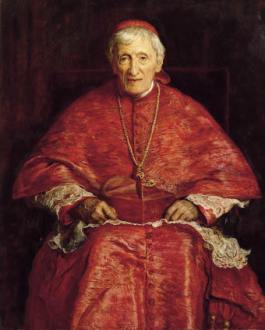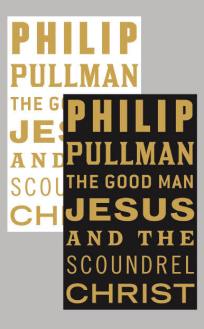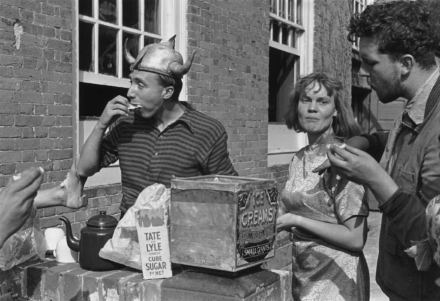Mystery of the empty tomb
John Henry Newman was an electrifying personality who has attracted numerous biographers and commentators. John Cornwell, in his excellent guided tour around this well-ploughed field, recalls the young woman in Oxford in the 1830s who ‘wept with emotion’ at Newman’s very appearance. W. G. Ward recalls the awe which fell upon him and his undergraduate




